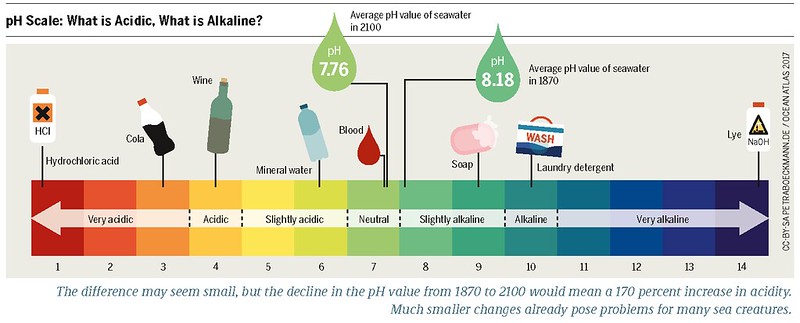The pH value of a sodium sulfate solution is typically around 7, indicating a neutral solution. This is because sodium sulfate is a salt formed from the neutralization reaction between a strong acid (sulfuric acid) and a strong base (sodium hydroxide). When dissolved in water, sodium sulfate dissociates into sodium ions (Na+) and sulfate ions (SO42-), which do not affect the pH of the solution.
Factors Affecting the pH of Sodium Sulfate Solution
While the pH of a sodium sulfate solution is generally neutral, there are several factors that can influence its pH value:
Temperature
The pH of a sodium sulfate solution can be affected by temperature. As the temperature increases, the pH of the solution may decrease slightly, making it slightly more acidic.
Presence of Other Ions or Substances
The presence of other ions or substances in the water can also affect the pH of a sodium sulfate solution. For instance, adding 10wt.% of sodium sulfate to distilled water can decrease the pH to around 5.5. This could be due to the formation of weak acids or the presence of impurities in the sodium sulfate.
Concentration of Sodium Sulfate
The concentration of sodium sulfate in the solution can also impact the pH. Higher concentrations of sodium sulfate may result in a slightly lower pH, while lower concentrations may have a negligible effect on the pH.
Balancing the pH of Sodium Sulfate Solution
To balance the pH of a sodium sulfate solution, one can adjust the concentration of hydrogen or hydroxide ions in the solution. This can be done by:
- Adding a strong acid (such as hydrochloric acid) to lower the pH.
- Adding a strong base (such as sodium hydroxide) to raise the pH.
However, it is important to do this carefully and with proper safety precautions, as changing the pH can affect the stability and properties of the solution.
Potential Contaminants in Sodium Sulfate Solution
In addition to the factors mentioned above, it is important to be aware of potential contaminants or substances that may be present in a sodium sulfate solution. These include:
- Heavy metals
- Chloride
- Iron
- Magnesium
- Nitrogen compounds
- Phosphates
These substances can affect the pH and other properties of the solution, and may require special handling or treatment.
Dealing with Contaminants
To deal with these contaminants, various methods can be used, such as:
- Filtration: Removing particulate matter and other suspended solids from the solution.
- Ion exchange: Exchanging unwanted ions with more desirable ones.
- Chemical precipitation: Adding a precipitating agent to remove specific ions from the solution.
For example, adding a precipitating agent (such as barium chloride) can remove sulfate ions from the solution, while adding a chelating agent (such as EDTA) can remove heavy metals.
Conclusion
In summary, the pH of a sodium sulfate solution is typically neutral, around 7, due to the nature of the salt. However, factors such as temperature, the presence of other ions or substances, and the concentration of sodium sulfate can influence the pH. To balance the pH, one can adjust the concentration of hydrogen or hydroxide ions in the solution, while being aware of potential contaminants or substances that may require special handling or treatment.
References:
– PubChem. Sodium Sulfate | Na2SO4 | CID 24436 – PubChem. Available at: https://pubchem.ncbi.nlm.nih.gov/compound/Sodium-Sulfate
– Reddit. Can sodium sulfate lower ph? : r/chemistry – Reddit. Available at: https://www.reddit.com/r/chemistry/comments/zldare/can_sodium_sulfate_lower_ph/
– INTERCHIM. Sodium Sulfate – INTERCHIM. Available at: https://www.interchim.fr/ft/0/08762A.pdf
– YouTube. Is Na2SO4 acidic, basic, or neutral (dissolved in water)? – YouTube. Available at: https://www.youtube.com/watch?v=NoeEU8hOXpc
– ResearchGate. How does PH of sodium sulfate solution changes with temperature? Available at: https://www.researchgate.net/post/How-does-PH-of-sodium-sulfate-solution-changes-with-temperature

